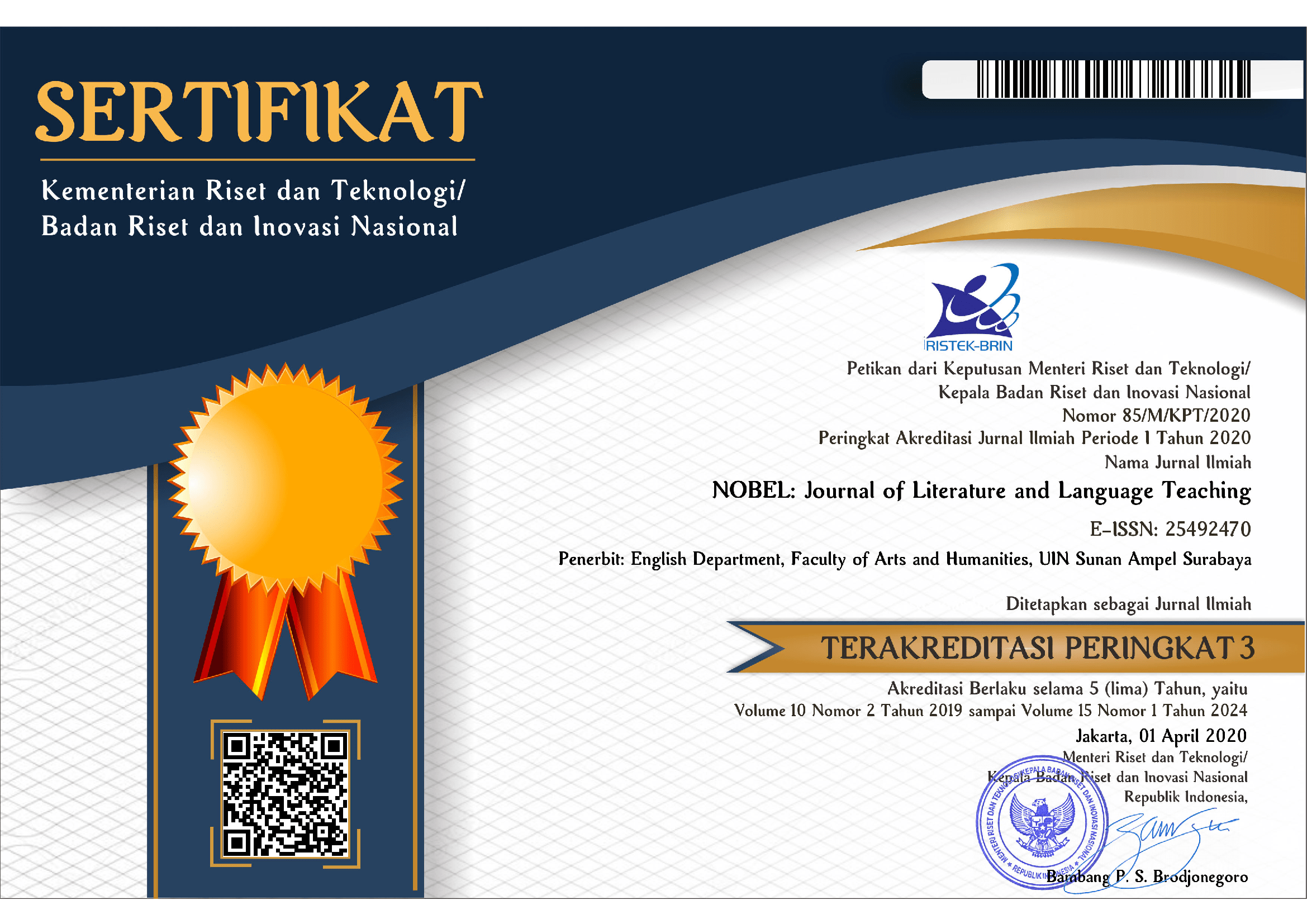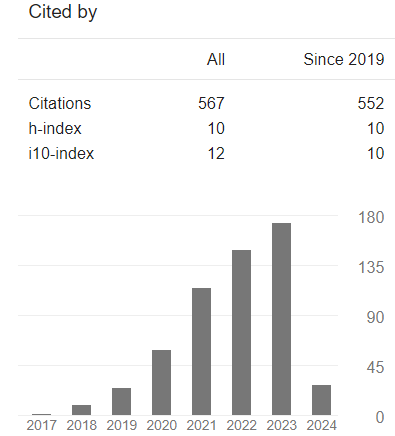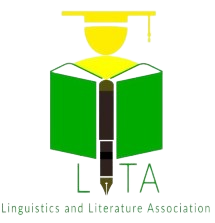Teaching English at Primary School
Will It Threaten The Growth of Students' Nationalism Feeling?
DOI:
https://doi.org/10.15642/NOBEL.2017.8.2.129-140Keywords:
English language teaching; nationalism feeling; primary school studentsAbstract
There is a fear that teaching foreign language to primary school students may distract the growth of nationalism feeling of the students. It is due to the fact that children within 6 to 12 years old are vulnerable. They are easy to be influenced or shaped by other cultures. Within this age, they are still in the process of developing themselves, in the aspect of personality and social life. However, research conducted on this matter does not prove that teaching foreign language to primary school students can obstruct the growth of students' nationality feeling. The aim of this article is to present literature review related to the questions whether teaching English as a foreign language may distract students' growth of nationality feeling. Then it goes further on the explanation on the requirements that policy maker must prepare when deciding to include English lesson as one of the subjects taught at primary school level.
Downloads
References
Byram, M. (2013). Foreign Language Teaching and Intercultural citizenship. Iranian Journal of Language Teaching Research, 53-62.
Cameron, L. (2001). Tecahing Language to Young Learners. Cambridge: Cambridge University Press.
Celce-Murcia, M. (1995). Communicative Competence: A Pedagogically Motivated Model with Content Specifications. Applied Linguistics Vol 6 No. 6, 5-35.
Ding, S., & Littleton, K. (2005). Children's Personal and Social Development. Victoria: Blackwell Publishing.
Halliwell, S. (1992). Teaching English in the Primary Classroom. New York: Longman.
Hurlock, E. (1993). Child Development. New York: McGraw Hill Book Company.
Implementasi Kurikulum 2013. (2014). Buku Saku Kurikulum 2013. Jakarta: Kementerian Pendidikan dan Kebudayaan.
Kumaravadivelu, B. (2006). Understanding Language Teaching: From Method to Postmethod. New Jersey: Lawrence Erlbaum Association, Inc.
Kurikulum 2004: Standar Kompetensi Bahasa Inggris SMA dan MA. (2003). Jakarta: Departemen Pendidikan Nasional.
Kusumawardani, A., & Faturochman. (2004). Nasionalisme. Buletin Psikologi, Tahun XII, No. 2. ISSN : 0854 – 7108, 61-72.
Lie, A. (2007). Education Policy and EFL Curriculum in Indonesia: Between the Competence and the Quest for Higher Score. Retrieved January 16, 2017, from teflin: http://www.teflin.org
Oakley, L. (2004). Cognitive Development. New York: Routledge.
Prabowo, H. Y. (2017, January Monday, 9). How to nurture an anti-corruption attitude. Retrieved January 15, 2017, from www.thejakartapost.com: http://www.thejakartapost.com/academia/2017/01/09/how-to-nurture-an-anti-corruption-attitude.html
Witular, R. (2016, November 30). COMMENTARY: Dec. 2 rally: Should we worry? Retrieved January 16, 2017, from the Jakarta Post: http://www.thejakartapost.com
Yuhasnil. (2015). Facing Contemporary Nationalism. Scientific Journal of PPI-UKM ISSN No. 2356 - 2536, 215-218.







